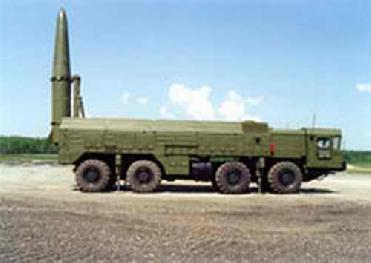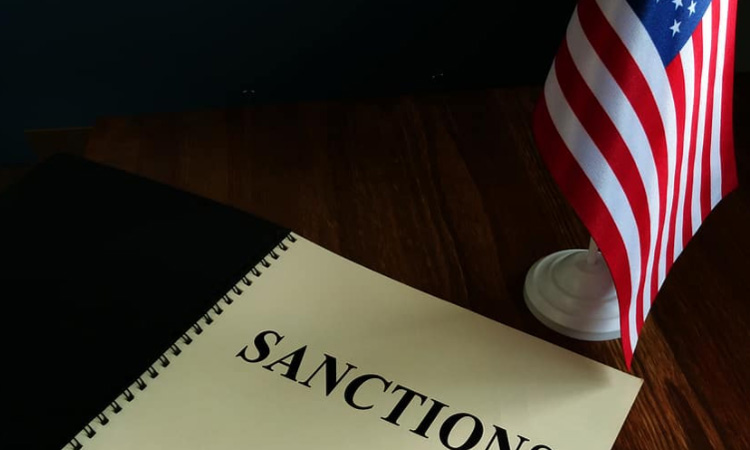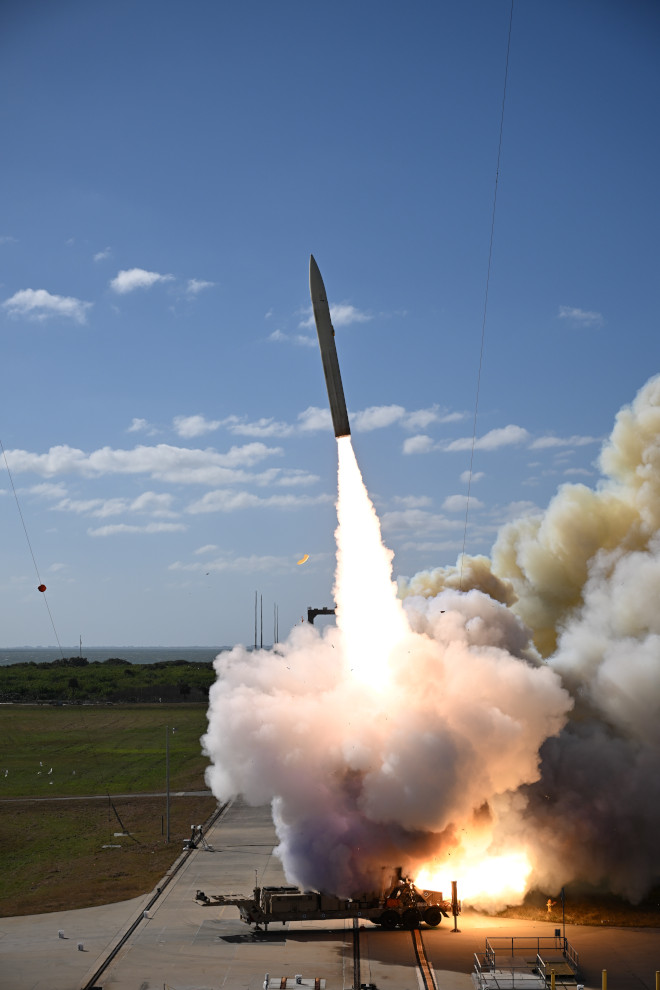
Iskander missile system. KBM photo
MOSCOW (BNS): Russia’s Defence Ministry considers it too early to announce any plan on the deployment of Iskander missile systems in the country’s Baltic enclave, a high-ranking source in the ministry said here on Wednesday. Interfax news agency without identifying the military official reported that Russia’s military will halt deployment of missiles in Kaliningrad.
Russian news agency RIA Novosti quoting the source said that the Russian Defence Ministry had taken no practical measures to deploy Iskander systems in the west of the country.
“Naturally, the General Staff is working out a response to the possible deployment of US missile defence components in Europe, but it is inappropriate and premature to talk about practical steps to implement or suspend these plans,” he was quoted as saying by RIA Novosti.
A change in the US attitude has prompted the latest decision, Interfax quoted the Russian military official as saying. Meanwhile, the US envoy to NATO, Kurt Volker, said that if true, the suspension would be a ‘very positive step’, the Reuters news agency reported.
Another NATO spokesman James Appathurai was quoted by Reuters as saying that the earlier Russian announcement that they were going to deploy missiles into Kaliningrad and point them at NATO allies was unwelcome. “If that decision has now been rescinded, it is a good step,” Appathurai said.
Earlier, Russia had said that the US missile shield plan in Europe was a direct threat.
In November last year, President Dmitry Medvedev had announced that short-range Iskander missiles would be deployed in Kaliningrad, bordering Poland, to neutralise the perceived US threat.
During the Bush administration, the US had insisted that its plan to base radars and interceptor missiles in Poland and the Czech Republic was designed solely to guard against attack by ‘rogue states’, such as Iran.
Interfax quoted the military source as saying that the implementation of these plans had been halted because the new US administration was not rushing through plans to deploy parts of its missile defence shield in Eastern Europe.
BBC defence correspondent said that Moscow’s change may signal a wider hope that the US under President Barack Obama will roll back the plans for the missile defence shield.
Before assuming office, Barack Obama's transition team announced that he had not made a commitment to deploying the missile defence system and would wait to see if the technology proved workable.
BBC quoted White House reports that President Obama telephoned President Medvedev on Monday, and the two men pledged to stop the ‘drift’ in their countries' relations. “Any decision not to deploy the Iskanders could also provide impetus to wider strategic arms talks between Russia and the US,” the BBC reported.
The 1991 Start I treaty, which provides a mechanism to monitor the two countries' nuclear arsenals, comes to an end this December.
The London daily, Guardian said that Moscow’s apparently conciliatory move appears to have been timed to coincide with a major speech by Prime Minister Vladimir Putin at Davos, Switzerland, later on Wednesday.
The Russian prime minister is attending the world economic summit instead of President Medvedev – a clear sign that he remains in control.
The London daily said that Putin is expected to put forward his ideas for a change in the world economic order and deliver his assessment of what caused the global economic crisis. He is also likely to put the boot into Ukraine, blaming the chaotic government in Kiev for this month's gas crisis, which left much of Europe without Russian gas, the paper said.
Meanwhile, RIA Novosti said that the US Congressional Budget Office released in January a report, which proposes an alternative scenario of future budget expenditures on defence, and envisions defence budget cuts of about $40 billion, or 7% annually, through 2026.
“Some of the cuts could be implemented by reductions in various missile defence programmes, including the deployment of a US missile shield in Central Europe. The current budget estimates expenses on missile defence at $9.6 billion annually,” the agency reported.
“The evolutionary alternative would refocus Department of Defence's missile defence programmes to test, support, and upgrade existing ground-based defences at two sites in Alaska and California but defer plans to deploy a third missile defence site in Europe,” the Long-Term Implications of the Fiscal Year 2009 Future Years Defense Programme report said.
“Deployment of future missile defence systems, such as the airborne laser and a constellation of the infrared Space Tracking and Surveillance System satellites, also would be deferred indefinitely,” the Russian news agency quoted from the document.














The Indian Air Force, in its flight trials evaluation report submitted before the Defence Ministry l..
view articleAn insight into the Medium Multi-Role Combat Aircraft competition...
view articleSky enthusiasts can now spot the International Space Station (ISS) commanded by Indian-American astr..
view article